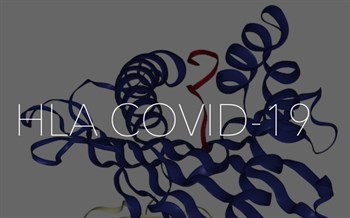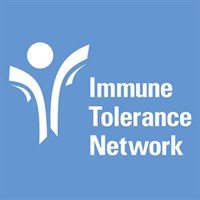Areas of Focus
Our current research focuses on three themes:
- Define the functional histocompatibility to increase the number of transplants and improve transplant outcomes by identifying acceptable HLA mismatches and tolerable donor-specific HLA antibodies (DSA). Our hypothesis is that not all HLA mismatches are equally detrimental to allograft survival.
- Understand the function of germline-encoded polymorphism of immunity related genes (HLA, KIR, KLR, and FcR) in human populations and their impact on infections, tumor transformation, autoimmune diseases, pregnancy success and allogeneic solid organ and bone marrow transplantation. Our hypothesis is that the germline-encoded polymorphism of immunity related genes are the key targets for personalized medicine testing.
- Genes encoding killer-cell Immunoglobulin-like receptors (KIR) and HLA class I ligands are located on different chromosomes, and both feature extraordinary diversity in the number and type of genes. The independent segregation of unlinked KIR and HLA gene families produce exceptional diversity in the number and type of KIR-HLA gene combinations inherited in individuals. The goal of this research is to define the diversity of KIR-HLA genetic variation in ethnic populations, and how such diversity influences human diseases, transplant outcomes, and antibody-dependent cell cytotoxicity (ADCC) of NK cells in antibody therapeutic settings.
Publications
Our publications span numerous areas including: Histocompatibility and Immunogenetics, Transplantation Immunology, Solid Organ and Hematopoietic Stem Cell Transplantation, Human Leukocyte Antigens (HLA), Major Histocompatibility Complex (MHC), Killer cell Immunoglobulin-like receptors (KIR), and HLA antibodies.
Collaborations
Our numerous research partners include:
 |
 |
 |
 |